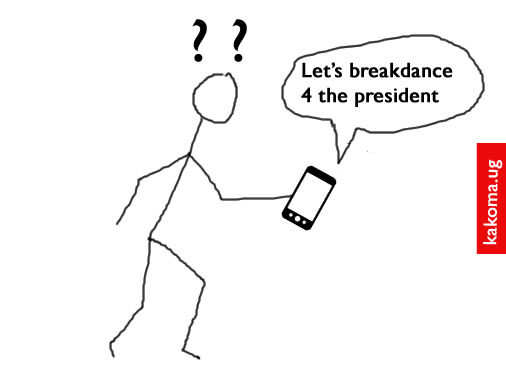Last week, my fellow columnist and personal friend, Rogers Balamaga (he’s down to the right if you are reading the papers. Hi Rogers) wrote about how pastors are inciting witchcraft wars. He gave an engaging account of how during his high school, while in a prayer and worship session, a visiting evangelist spoke words of prophecy upon his life. The man of God (the evangelist, not Rogers. Hi Rogers) told Rogers that the witchcraft set against him wouldn’t prosper. These words, my buddy recounts, drew him closer to God but also made him terribly paranoid. He doesn’t believe anyone would have enough against him to go and sit by gourds, calabashes and bark cloth to get revenge. He then asked religious leaders to be more responsible lest they incite witchcraft wars. And I agree with him…in part. Leaders, all leaders, are called to be very conscious of what they say. The lion doesn’t roar indiscriminately.
The tiny difference though with religious leaders is who the responsibility is to; their primary responsibility is to God. They are to say what He tells them, how He tells them, where He tells them. They’ve set themselves apart to be channels of communication from on high. They are like WhatsApp-merely delivering the message sent by the person on the other end. WhatsApp as a messenger isn’t without fault; it does crash, it hangs, data can be on but no messages come through, it can lose data, it can garble the message, it can delay the message and it can lose the message altogether. The religious leader is no different; he is a man or woman after all. Greed, envy, lust, the likes, don’t head off to Hawaii for time in the sun as soon as one becomes a leader. Those things probably don’t like sun-bathing even. WhatsApp, issues and all, relies on engineers to constantly tweak it to get rid of the issues. The leader is no different-God does the handiwork-refining, tweaking, changing and growing them to make them better messengers.
You, the receiver of the WhatsApp message, have the responsibility of checking its soundness with the sender of the message. If Rogers sent me a message asking that we go do a breakdance routine for the head of state, I’d stop, laugh and then call him. If the message the messenger has brought doesn’t seem sound, call the sender.

